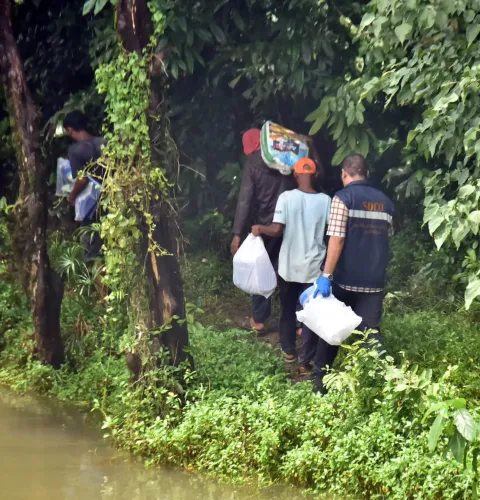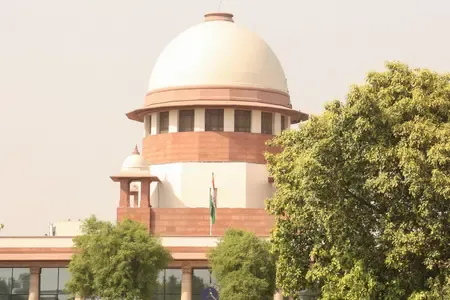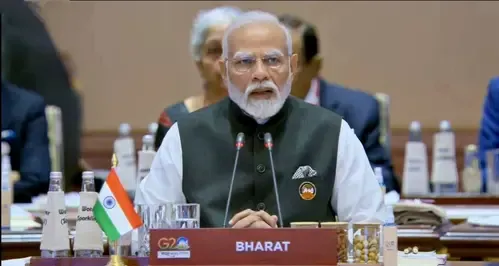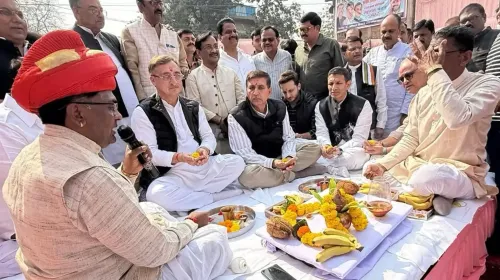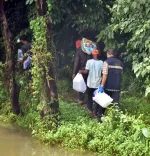How Do Alumni Connections Strengthen India–Australia Defence Relations?
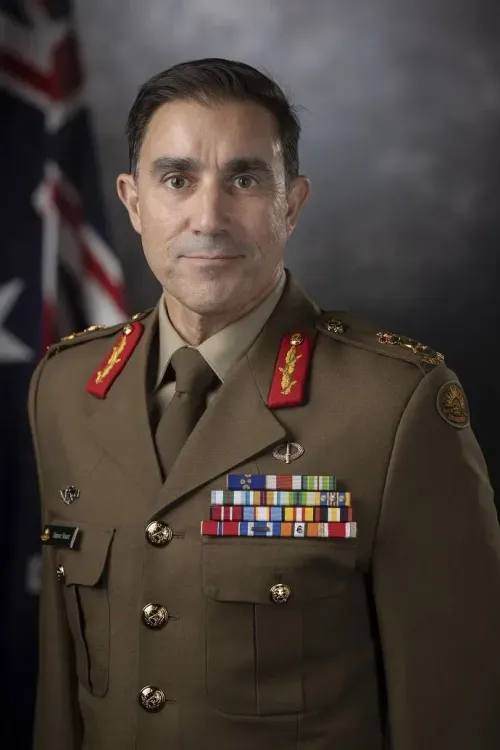
Synopsis
Key Takeaways
- Personal bonds established during military training enhance international defense ties.
- Alumni networks serve as strategic enablers in military diplomacy.
- Training institutions play a crucial role in building trust among nations.
- Recent initiatives like the MoU with Australia strengthen ongoing military collaborations.
- Historical experiences shape modern military relationships.
New Delhi, Aug 10 (NationPress) Military diplomacy often draws its strength from personal relationships established in training environments and educational institutions. These shared experiences cultivate a reservoir of trust and mutual understanding that persists, transcending political changes. The visit of the Australian Army chief, Lt General Simon Stuart, to India from August 10–14 exemplifies this dynamic.
Lt Gen Stuart and his Indian Army counterpart, General Upendra Dwivedi, shared training at the United States Army War College in 2015. Over time, their professional relationship has deepened into a substantial strategic alliance, laying a solid groundwork for improved bilateral collaboration between their respective military forces.
For many years, India's leading military institutions — including the Indian Military Academy (IMA), the National Defence College (NDC), the Defence Services Staff College (DSSC), and the National Defence Academy (NDA) — have welcomed officers from friendly foreign countries (FFCs). Numerous alumni have ascended to pivotal roles in their military organizations, effectively acting as “ambassadors in uniform” for India's military principles.
The alumni network is noteworthy: Sri Lanka boasts eight senior officers trained in India, while Nepal has nine, Bangladesh and Malaysia each have six, Bhutan has two, Nigeria has three, and Australia has two. Among them is the Sri Lankan Army Chief, a graduate of IMA and the School of Artillery, alongside the Sri Lankan Chief of Defence Staff, who completed his studies at the NDC.
Chiefs and senior leaders from countries such as the Maldives, France, South Korea, New Zealand, and Thailand share similar connections. The exchange is reciprocal, with Indian officers also attending prestigious military academies abroad, such as the Army War College in the US, the Royal College of Defence Studies in the UK, and the Ecole de Guerre in France.
Historical figures like Field Marshals K.M. Cariappa and S.H.F.J. Manekshaw were influenced by these experiences. Recognizing the diplomatic significance, the Indian Army is formalizing these connections through databases, reunions, and partnerships with institutions like the Centre for Land Warfare Studies (CLAWS).
A recently renewed five-year MoU with the Australian Army Research Centre (AARC) and the introduction of digital platforms like “Friends for Life” aim to sustain these connections long after formal courses conclude.
In today’s complex global security landscape, such alumni ties have emerged as strategic enablers.
For Gen Dwivedi and Lt Gen Stuart, their meeting this week is not merely ceremonial; it represents a reaffirmation that trust forged in uniforms can solidify enduring defense partnerships.

